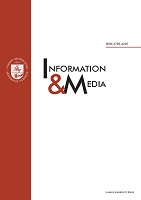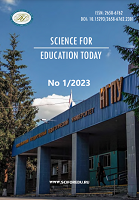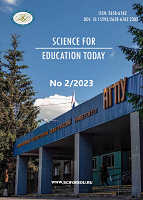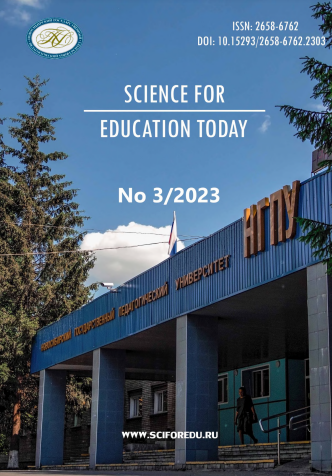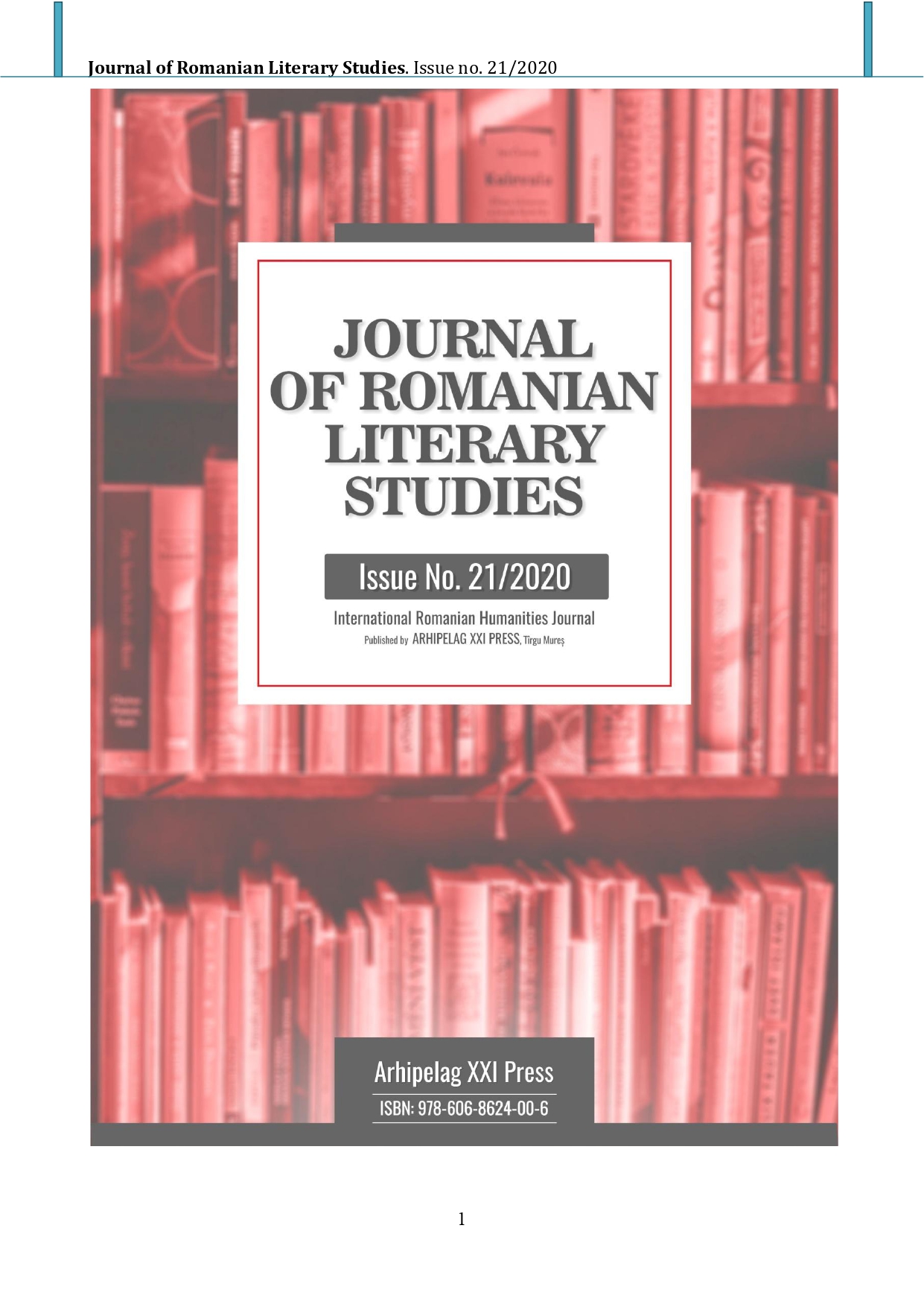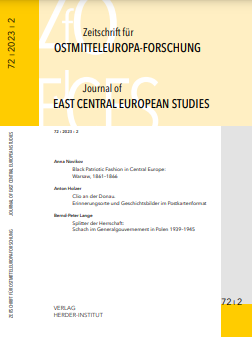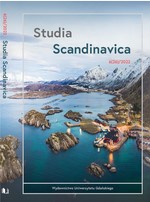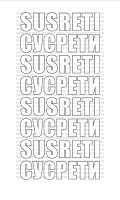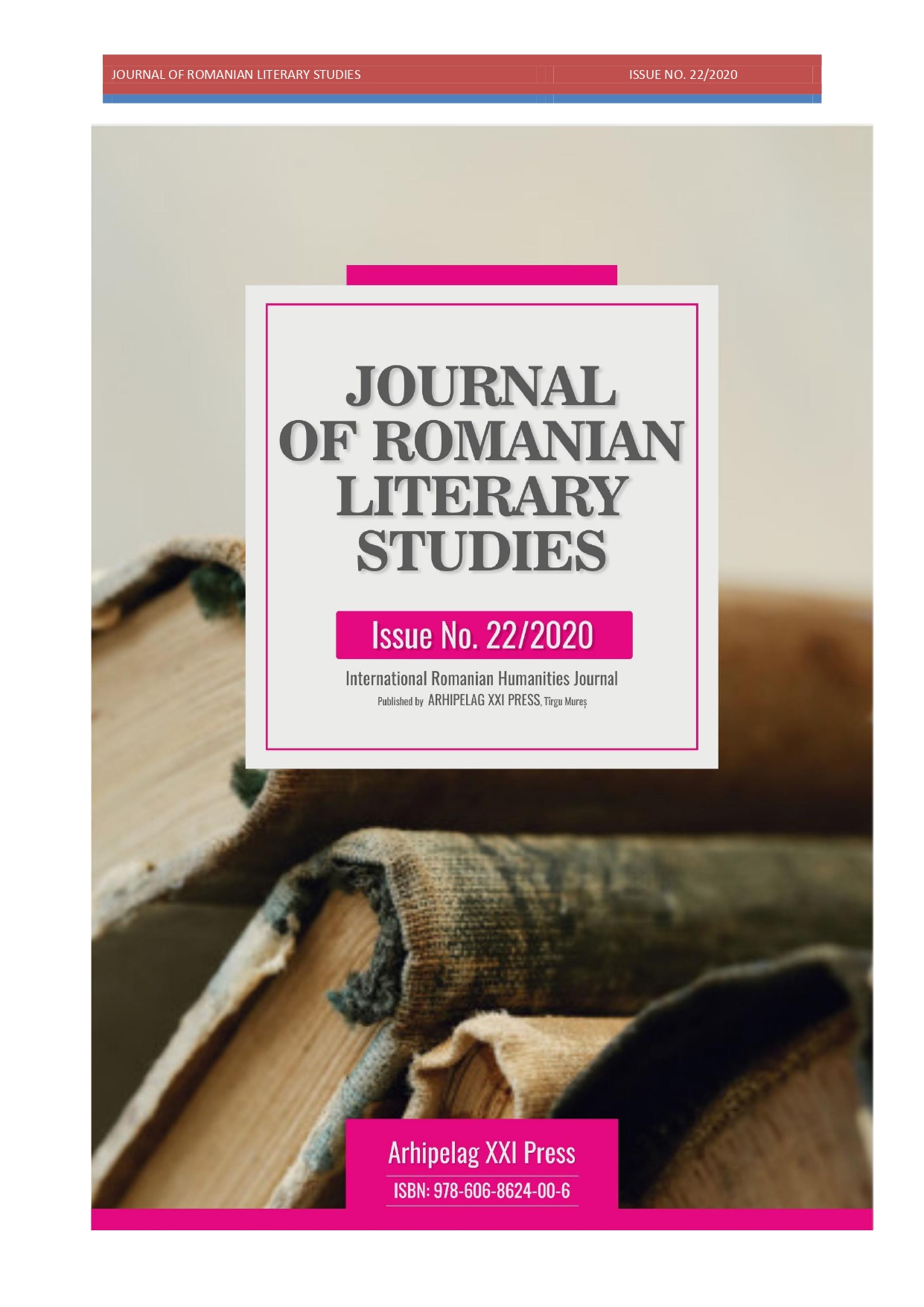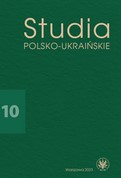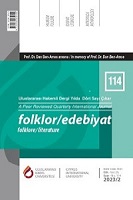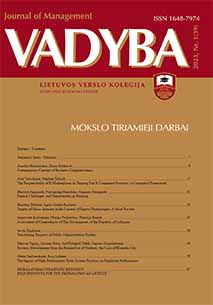
TARGETS OF MUSIC INDUSTRY IN THE CONTEXT OF DIGITAL TECHNOLOGIES: A SHORT REVIEW
The object of this paper is to set grounds for future research in music business by carrying out scientific literature review analysing music industry from global economy perspective. Since technologies are sensitive to time a time frame for the research was set from 2020 until 2022. Only articles in English and Lithuanian were analysed. In total there were 75 articles used for the basis of the research in “Web of Science” database. According to their content, these articles were categorized into 5 sections: ICT (information and communication technologies) and neural networks; New business ventures; Creativity and education; Intellectual property rights and blockchain technology; Digitization, streaming. Research of scientific articles was a result of a compound search of keywords music industry and technologies. In order to widen the search keywords were used with a logic operator “or”. Scientific review of the articles showed that technologies affect the music business in these areas: lessened limitations, satisfied customer needs, digital economy force, overtaking old systems, collaboration, staying relative and creative, fighting against homogenization, digital education, increased safety and security, increased financial gain and market share, autonomous and transparent intellectual rights, eliminating piracy, content accessibility, artistic relevance. In order to carry out representative and valid research in music business, more research has to focus on the global aspects of how this industry operates. This article is a steppingstone in that direction showing which aspects of the business are discussed at the moment thus enabling other scientists to start narrowing the gap and provide more in-depth research. The findings suggest that research towards providing solutions to music industry participants on how to effectively deal with fast approaching technological advancements is necessary.
More...
